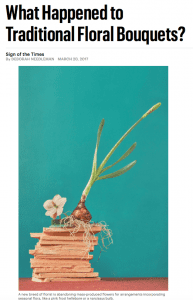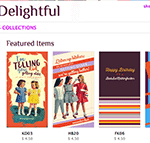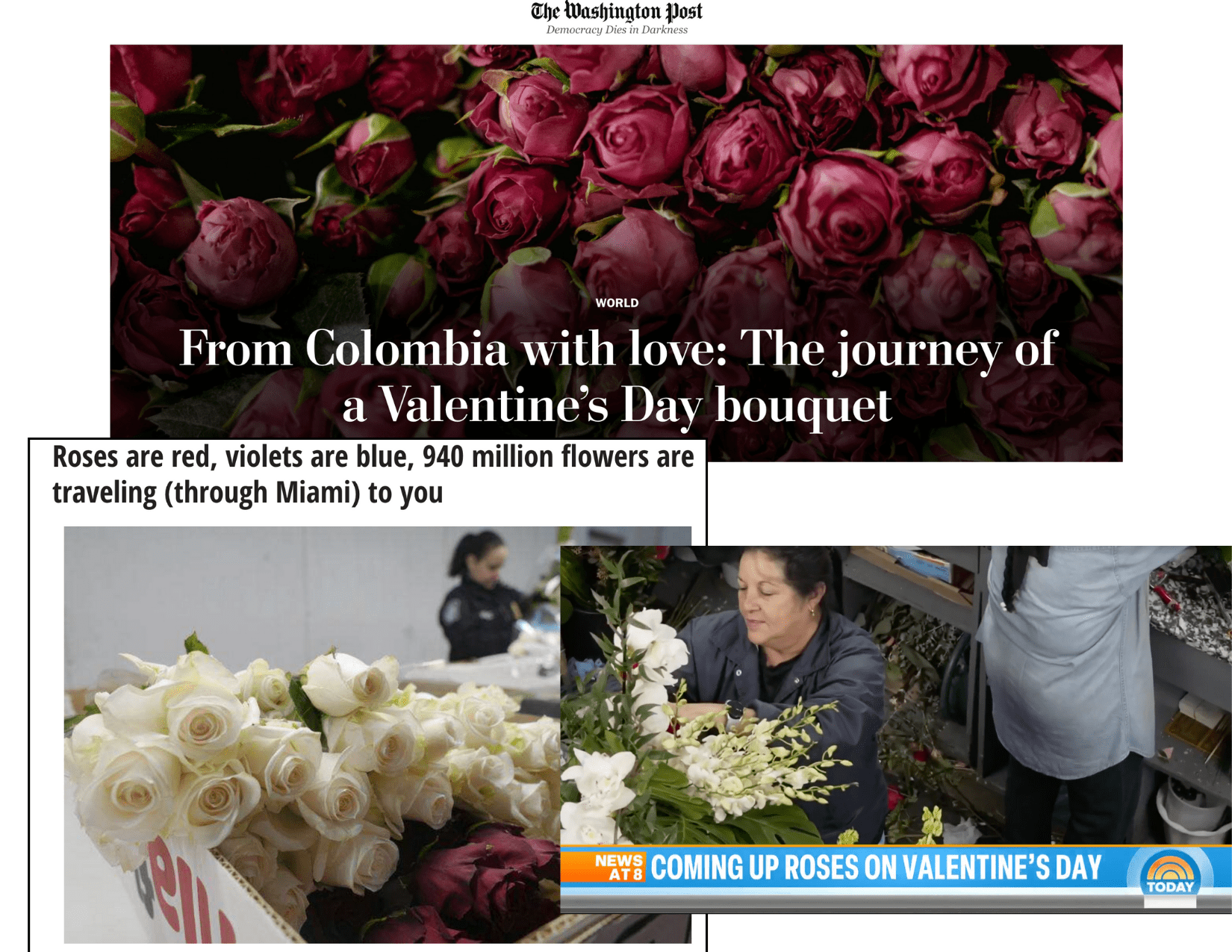
In his response to a recent story in The New York Times that inaccurately described all imported flowers as “jacked up on fungicide, dunked in vats of preservatives and jostled and manhandled for about a week,” SAF CEO Peter Moran detailed the care that domestic and offshore growers go to, to prioritize high quality flowers and environmental and social responsibility.
The Society of American Florists has responded to a New York Times story that mischaracterized aspects of the floral industry supply chain.
“In the current floral industrial complex, everything we admire about a fresh flower — the fragrance, the delicate structure, the fleeting beauty and connection to season and place — is bred out so that the flower can be inexpensive, long lasting and easily shippable,” wrote Deborah Needleman in the story “What Happened to Traditional Floral Bouquets?” which ran online and in the newspaper’s T magazine. “Most of our cut flowers are imported from Latin America, where labor is cheap, working conditions harsh, regulations lax and chemicals prevalent — and that’s just the growing part.”
Needleman goes on to say that imported flowers are “jacked up on fungicide, dunked in vats of preservatives and jostled and manhandled for about a week,” before arriving in retail flower shops.
The story — which heralded the rise of young florists and growers who are using social media to connect with each other and promote a “wilder and stranger” design aesthetic — contained a number of inaccuracies and failed to note environmental and social efforts in Colombia, spearheaded by the group Florverde, wrote SAF CEO Peter Moran in a letter to New York Times editors and Needleman, herself the former editor of T and a founder of Domino, the interior design and lifestyle magazine.
“As the CEO of the Society of American Florists, which represents growers, wholesalers and florists, I have been to dozens of flower farms in Colombia, Ecuador, Holland and the United States,” Moran wrote. “Flower growers — both domestically and off shore — work hard to make environmental and social responsibility a priority, and are extremely frustrated when they see such accusations. It is of great concern to see inaccuracies stated as fact, with no source.”
Moran also wrote that he’d be happy to put Needleman in touch with growers in the U.S. and abroad, should she ever be interested in getting “an accurate portrayal of the floral industry as a whole.”
Moran emphasizes that it’s important for SAF, in representing the entire industry, to set the record straight when the industry is misrepresented. “Unwarranted accusations need to be addressed for the benefit of the entire industry,” he said. “A negative portrayal of any part of the industry hurts consumers’ perception of flowers as a whole.”
Read SAF’s full response to Needleman’s story.






